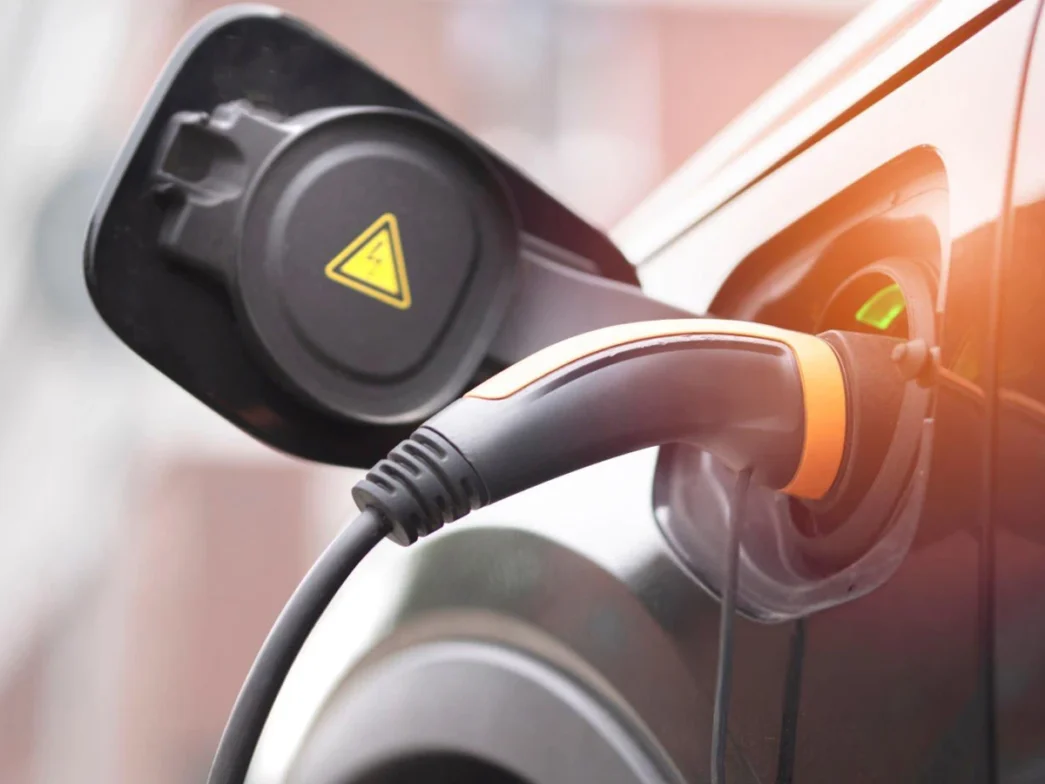Tesla’s recent physical recall, prompted by vehicles literally coming unglued, has garnered significant attention in the automotive industry. This incident, affecting thousands of Tesla vehicles, underscores both the challenges and complexities of modern vehicle manufacturing and the critical importance of quality control. This article delves into the details of the recall, its implications, and the broader context within which it has unfolded.
Background of the Recall
Tesla, renowned for its innovative approach to electric vehicles (EVs), has built a reputation for cutting-edge technology and performance. However, the company has faced its share of quality control issues, and this latest recall highlights the critical nature of manufacturing precision.
Nature of the Issue: The recall was triggered by a defect involving the adhesive used in the assembly of certain Tesla models. Specifically, it was found that the adhesive, crucial for bonding parts of the vehicle’s interior and exterior, failed to maintain its integrity over time. This defect led to various components of the vehicles coming loose, with potential safety implications.
Affected Models: The recall impacts a range of Tesla models, including the Model S, Model 3, Model X, and Model Y. These vehicles, produced over several production cycles, exhibited signs of adhesive failure. The defect was discovered during routine inspections and reported by some users who noticed components detaching from their vehicles.
The Recall Process
Identification and Investigation: Tesla’s quality assurance teams, along with feedback from customers, identified the adhesive issue through a combination of inspections and reported incidents. The company undertook an extensive investigation to determine the root cause of the problem, which involved analyzing manufacturing processes, supplier quality, and the specific adhesive materials used.
Notification and Response: Once the issue was confirmed, Tesla initiated a formal recall process. Affected vehicle owners were notified through official channels, including email and postal mail, outlining the nature of the problem and the steps to address it. Tesla also updated its service centers and mobile repair units to handle the recall efficiently.
Repair and Mitigation: Tesla’s response involved a comprehensive repair strategy. The company provided detailed instructions to its service centers for reapplying or replacing the adhesive in affected vehicles. This repair process was designed to ensure that all components adhered properly and met safety standards.
Implications for Tesla
Customer Trust and Safety: The recall has significant implications for customer trust and safety. For Tesla, maintaining consumer confidence is crucial, particularly given its reputation as a leader in electric and autonomous vehicle technology. The issue of vehicles coming unglued raises concerns about the safety and reliability of its products, making it essential for Tesla to address these concerns promptly and effectively.
Financial Impact: The financial impact of the recall includes the cost of repairs, potential compensation to customers, and the administrative expenses associated with managing the recall process. Additionally, there could be indirect costs related to damage to Tesla’s brand image and potential impacts on sales or market perception.
Regulatory and Compliance Issues: Recalls are subject to regulatory scrutiny, and Tesla’s handling of this issue will be closely monitored by automotive regulators. Ensuring compliance with safety standards and regulatory requirements is critical for Tesla to avoid further complications and maintain its operational license.
Broader Context and Industry Impact
Manufacturing Challenges: The Tesla recall highlights broader challenges within the automotive manufacturing industry. Modern vehicles incorporate a range of materials and technologies that require precise manufacturing and assembly. Quality control in such a complex environment can be challenging, and even minor defects can lead to significant issues, as seen in this recall.
Supplier Quality: The issue also underscores the importance of supplier quality management. In this case, the adhesive used in the manufacturing process was identified as a critical factor. Ensuring that suppliers adhere to strict quality standards and regularly monitoring their performance is essential for preventing similar issues.
Technology and Innovation: Tesla’s commitment to innovation and rapid development is a double-edged sword. While it has led to groundbreaking advancements in EV technology, it also means that the company must constantly adapt and refine its processes. Balancing innovation with rigorous quality control is a continuous challenge for Tesla and other technology-driven manufacturers.
Customer Experience: The recall affects thousands of Tesla owners, who must undergo the inconvenience of repairs. Tesla’s ability to manage this recall effectively and minimize disruption will influence customer satisfaction and loyalty. The company’s responsiveness and transparency during the recall process are crucial for maintaining positive customer relationships.
Future Considerations
Enhanced Quality Control: In response to this recall, Tesla is likely to enhance its quality control measures. This may include more stringent testing of materials and processes, improved supplier oversight, and increased focus on identifying potential issues before they impact customers.
Innovation and Risk Management: Tesla’s approach to innovation involves rapid development and deployment of new technologies. Balancing this with risk management and quality assurance will be critical for preventing future issues. The company may need to implement more robust risk assessment frameworks to identify and address potential problems earlier in the development process.
Regulatory Adjustments: Regulatory bodies may scrutinize Tesla’s handling of the recall and its overall safety practices. This could lead to adjustments in regulatory requirements or increased oversight of Tesla’s manufacturing processes. Ensuring compliance with evolving safety standards will be essential for Tesla’s continued success in the automotive industry.
Customer Communication: Effective communication with customers is vital during a recall. Tesla must ensure that affected vehicle owners are informed promptly and provided with clear instructions on how to address the issue. Transparent communication helps build trust and demonstrates the company’s commitment to resolving problems and prioritizing customer safety.
In conclusion, Tesla’s recent recall, triggered by vehicles coming unglued due to adhesive issues, underscores the complex nature of modern vehicle manufacturing and the critical importance of quality control. The recall has significant implications for Tesla, including potential impacts on customer trust, financial costs, and regulatory compliance.
In addressing the recall, Tesla must navigate the challenges of repairing affected vehicles, managing customer expectations, and mitigating potential damage to its brand. The broader context of the recall highlights industry-wide challenges related to manufacturing precision, supplier quality, and the balance between innovation and risk management.
As Tesla moves forward, the company’s response to this recall will play a crucial role in shaping its reputation and ensuring its continued success in the competitive automotive market. Ensuring rigorous quality control, effective communication, and adherence to safety standards will be key to maintaining customer trust and achieving long-term success















